
Nature
10:20, 04-Jan-2019
Houseplants: How to care your plants in winter
Updated
10:03, 07-Jan-2019
Xing Fangyu
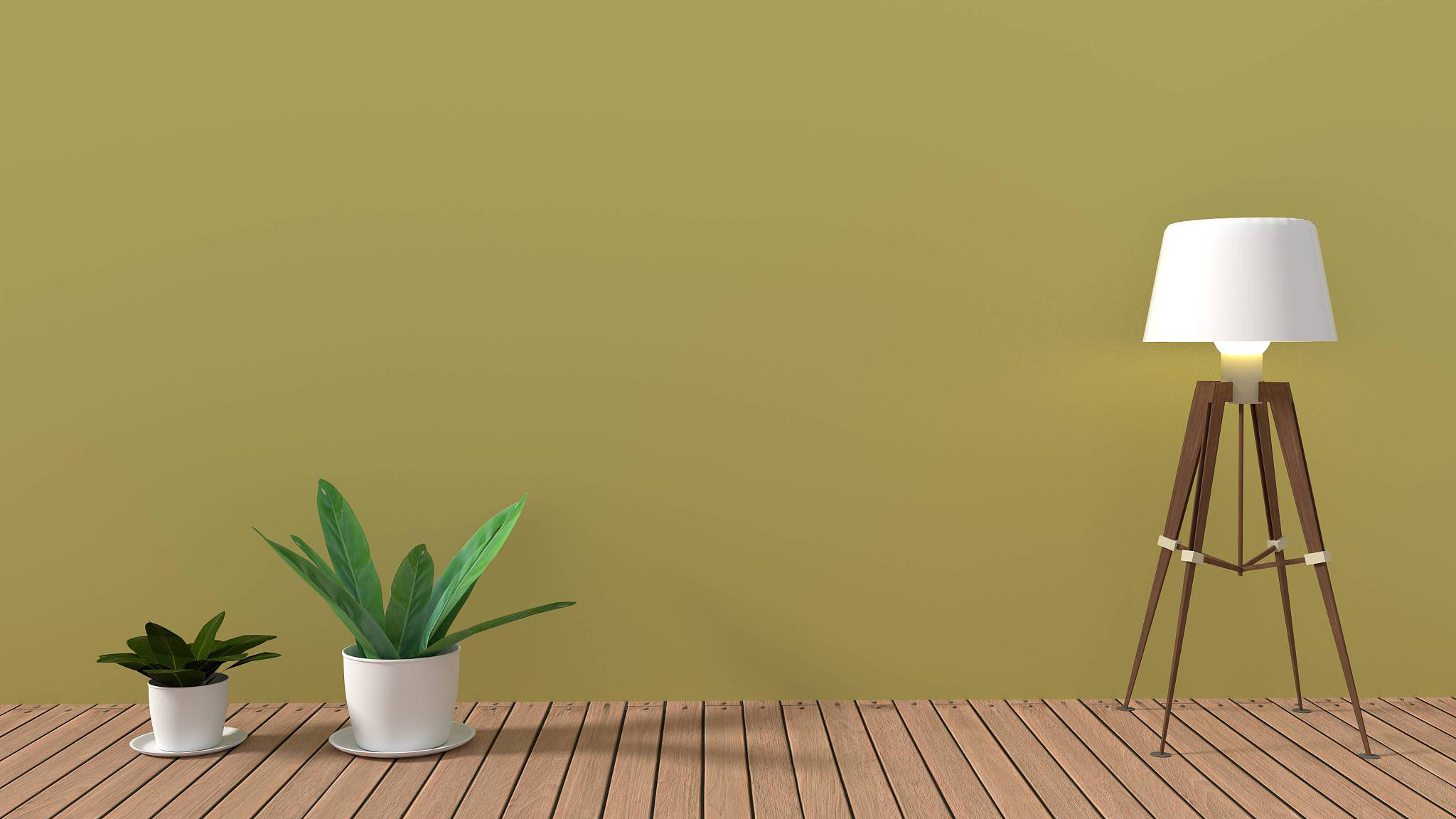
Winter is probably the toughest time for many houseplants. The light is lower, the air is dry and chilly, and room temperature can be too warm or cold as a result of turning the heating on and off. Here are some tips to help your houseplants survive the winter in good health.
Less Water
Plants do not need too much water because most of them slow down their growth rate to tackle the cold winter. Yes, winter is dry and the water in the soil will evaporate quickly, but this does not indicate the plants need water. Many plants die in winter due to overwatering as too much water can rot their roots.
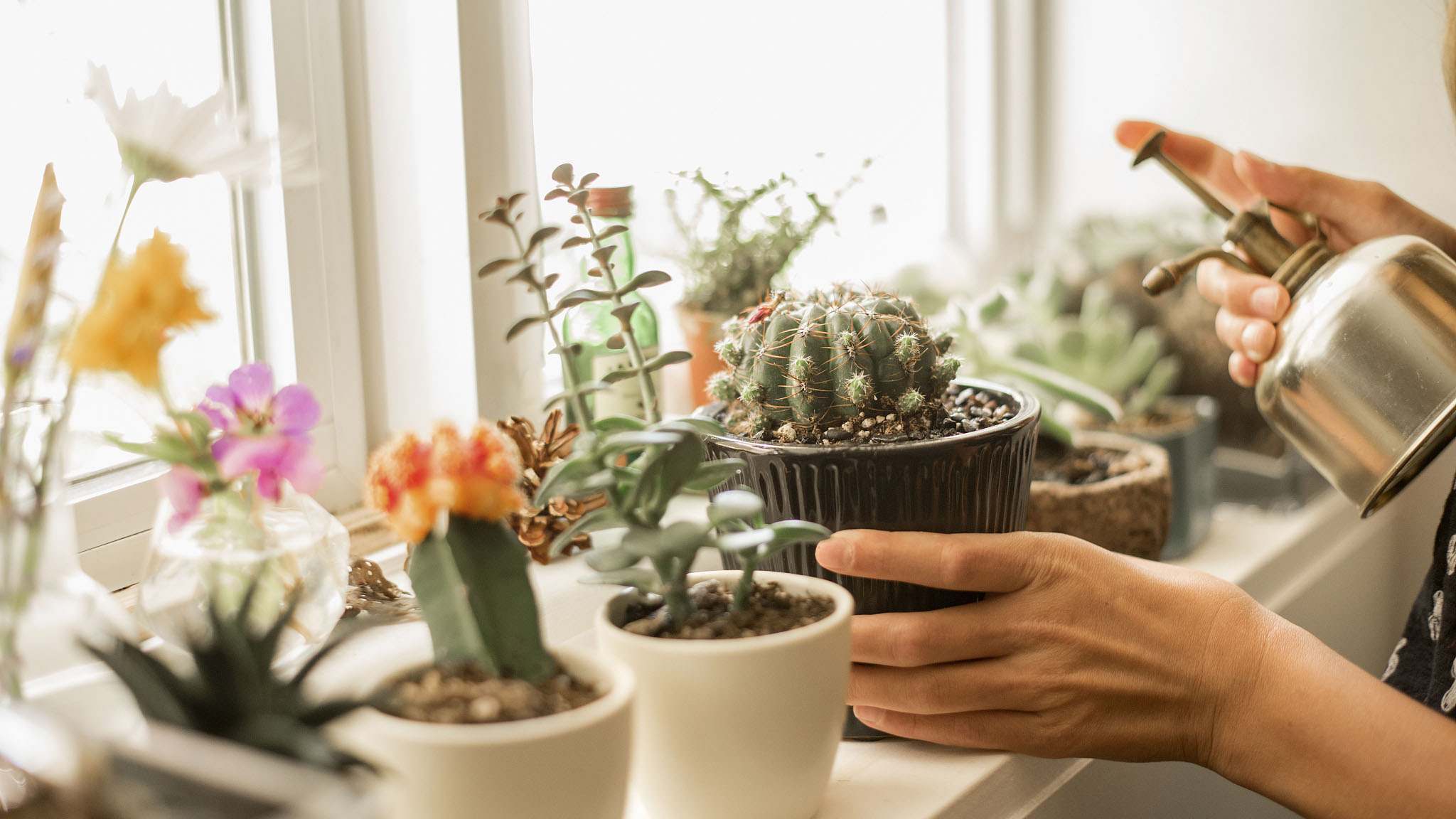
Indoor plants need less water during the winter. /VCG Photo
Indoor plants need less water during the winter. /VCG Photo
How can we know whether the plants need water or not? First, you can put your finger or a chopstick into the soil at a depth of two inches to see if it is dry. If the answer is yes, then you need to give them a drink. Some tough plants such as cacti and succulents may not need water at all.
Improve Humidity
A certain level of humid air is necessary for plants because they lose their moisture from pores while they are breathing.
The humidity level in a heated home can drop to between ten and 20 percent, and plants prefer a humidity level between 40 and 50 percent. If you see the brown leaf tips, it's a sign that you need to improve the humidity.
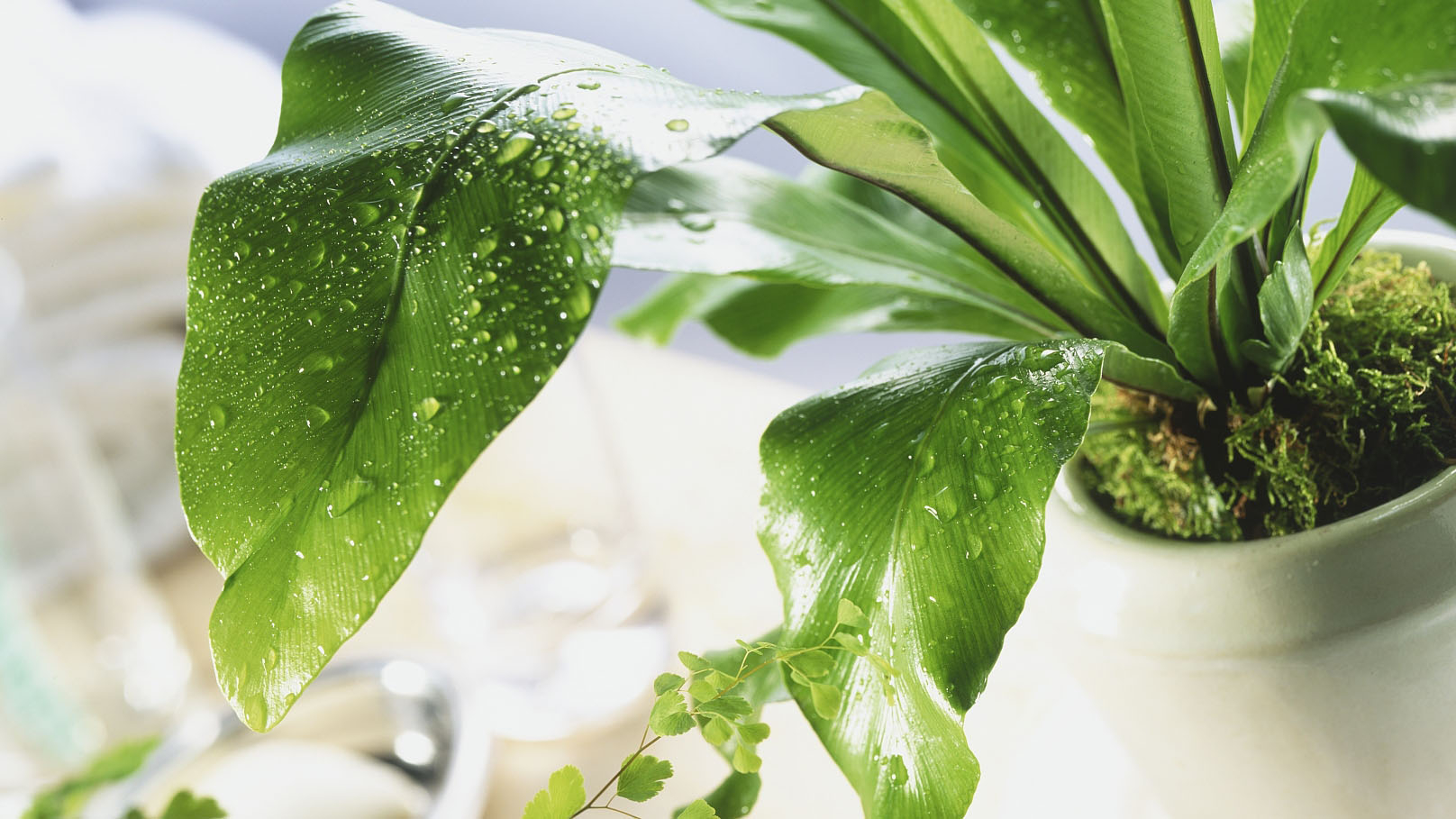
Leaves covered with droplets of water. /VCG Photo
Leaves covered with droplets of water. /VCG Photo
Ways to increase moisture in the air include clustering all the plants in groups to use the water released by plants naturally; placing your plants on or near a tray of water or using a humidifier.
Add Light
There is less sun in the winter, the daytime is shorter, and the light level is less. For plants that need sunlight, you may need to move them near a window or even add supplemental light such as an LED grow light.
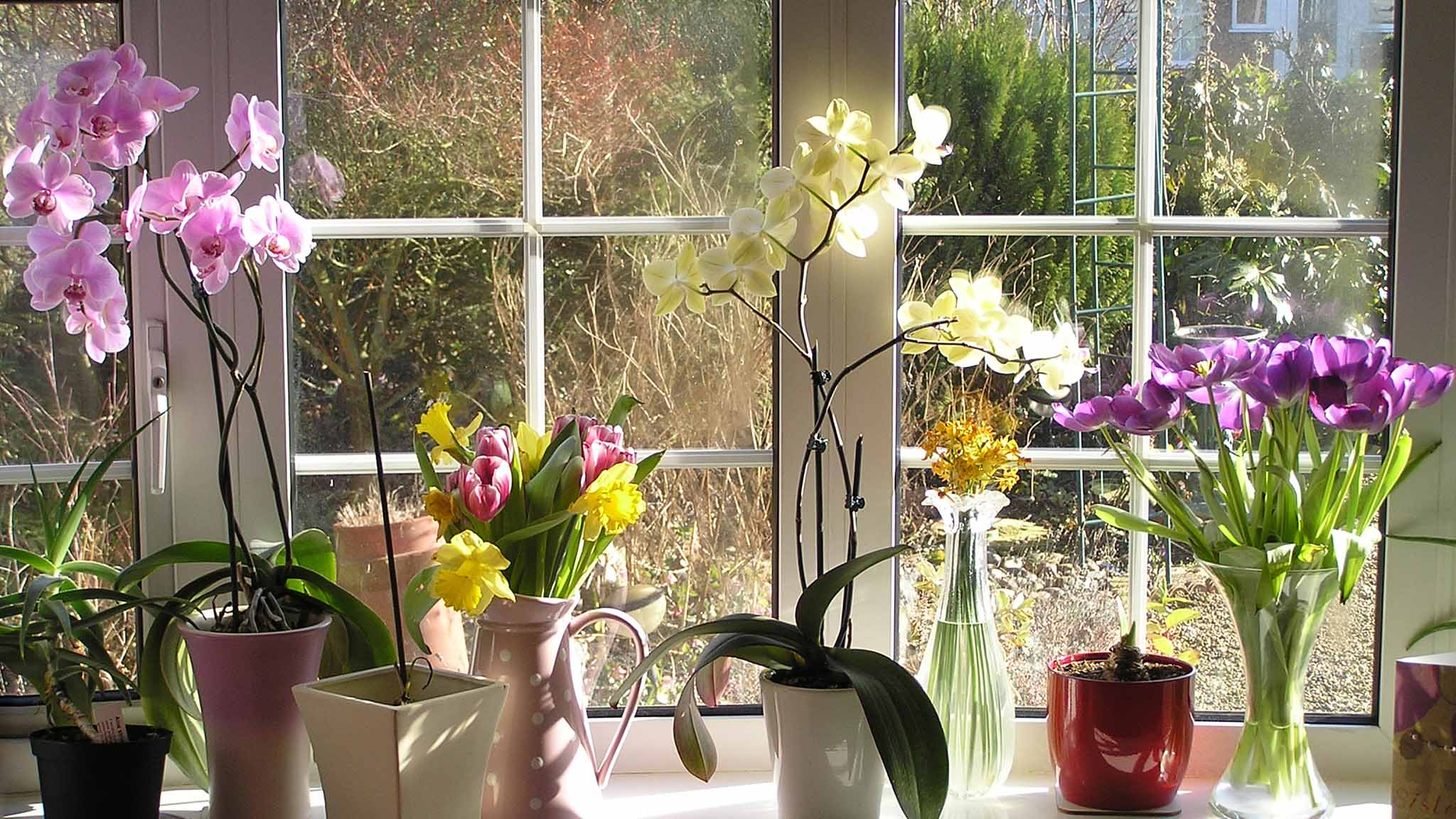
A window display. /VCG Photo
A window display. /VCG Photo
Stop Fertilizing
Since plants stop growing or grow very slowly in winter, they don't need fertilizer until the spring. If you really need to fertilize them, dilute the fertilizer by at least half because over fertilizing will upset their natural cycle.
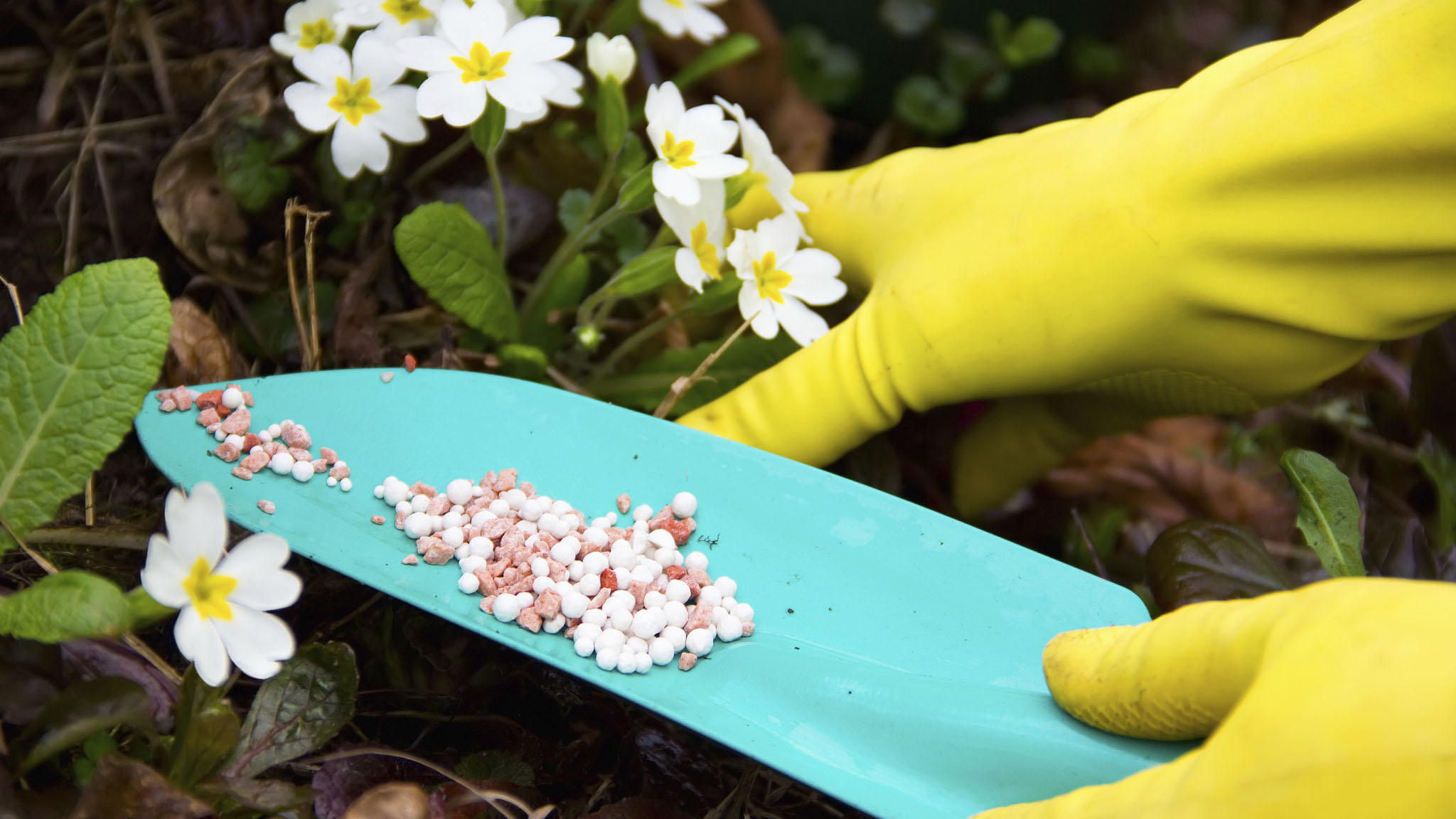
Resume fertilizing to give plants a boost in the growing season. /VCG Photo
Resume fertilizing to give plants a boost in the growing season. /VCG Photo

SITEMAP
Copyright © 2018 CGTN. Beijing ICP prepared NO.16065310-3
Copyright © 2018 CGTN. Beijing ICP prepared NO.16065310-3